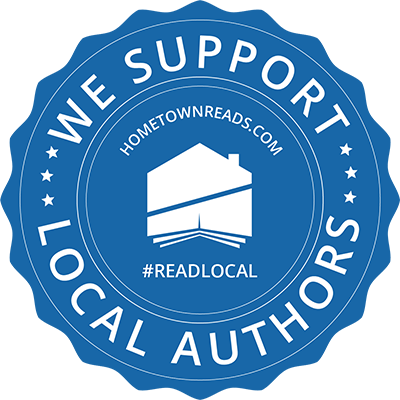We asked Nathan Hopp to give us some feedback on writing book reviews. He started the Reader’s Boulevard Review Blog a few years ago, and has a few thoughts on how to write a fair review. Enjoy!
Everyone likes to be a critic.
It’s a truth as real as the beliefs we carry. As a critic you feel entitled to judge everything in either an analytical or enjoyable outlook. You’re giving your opinion on someone’s work, which has changed and evolved over time. In this digital age of social media, blockbuster films, and the Internet, more people prefer visual entertainment over the written word. Therefore, it can often be a challenge to review a random book in an honest, constructive manner. Personally, I like to judge a novel on its most basic objective that anyone can agree on: if it can entertain while leaving an impact.
Now this single objective isn’t black and white. There are dozens of books that can inspire without having good plot, characters, etc. or even vice-versa. When reviewing a book, I dislike judging it with the mindset that it is a masterpiece. No novel is perfect, and no novel will appeal to every single person on the planet, so I keep an open mind on the targeted demographics it’s likely aimed for. If you’re usually a contemporary reader but not a fan of historical fiction, don’t negatively judge it solely because you aren’t fond of the genre. Everyone has different tastes, so a reviewer shouldn’t hate something solely because it isn’t a genre or type of story catered for them.
For me, I can read almost anything, whether it be contemporary, young adult, fantasy, historical, or hardcore sci-fi. However, my favorite kind of novel is the one that has a plot where you don’t know where it’s going. It has memorable characters with personalities that keep you engaged (especially if the story’s tied to their struggles), a setting fascinating enough to explore if they existed, writing crisp and fluent enough to make you feel like you’re experiencing what’s happening on the pages, and a villain you love to hate or even sympathize with.
Like I said though, this can go either way in books. One could have a fantastic plot and bland characters while another might have an incredibly complex villain and a weak setting, maybe even vice-versa with any of these varieties. It’s all subjective in the eyes of the reviewer, and it’s not a bad thing to hold in regard. Listen to others’ opinions, whether they be the reader, the critic, or even the author themselves. In the same way anyone can be a critic, so can anyone have the privilege to decide what makes a book entertaining.
About the Author:
Born in Green Bay, Wisconsin in 1996, Nathan Hopp grew up the oldest of three rambunctious brothers. As a child, he inherited his love for literature from his mother and his love for science fiction/fantasy from his father. He has been a dedicated bookworm since grade school, reading through corny romance novels one hour to an entire Young Adult series in less than a week. In high school, Nathan’s interest grew into writing, eventually leading him to haikus, short stories, vignettes, and novels. Currently attending UW-Eau Claire as an English major with an emphasis in Creative Writing, Nathan spends most of his free time as an avid participant in the furry fandom, surviving one semester at a time, and running a review blog. Learn more about Nathan and his book on social media: Facebook.com/NathanWHopp or at Twitter.com/HoppNate.


